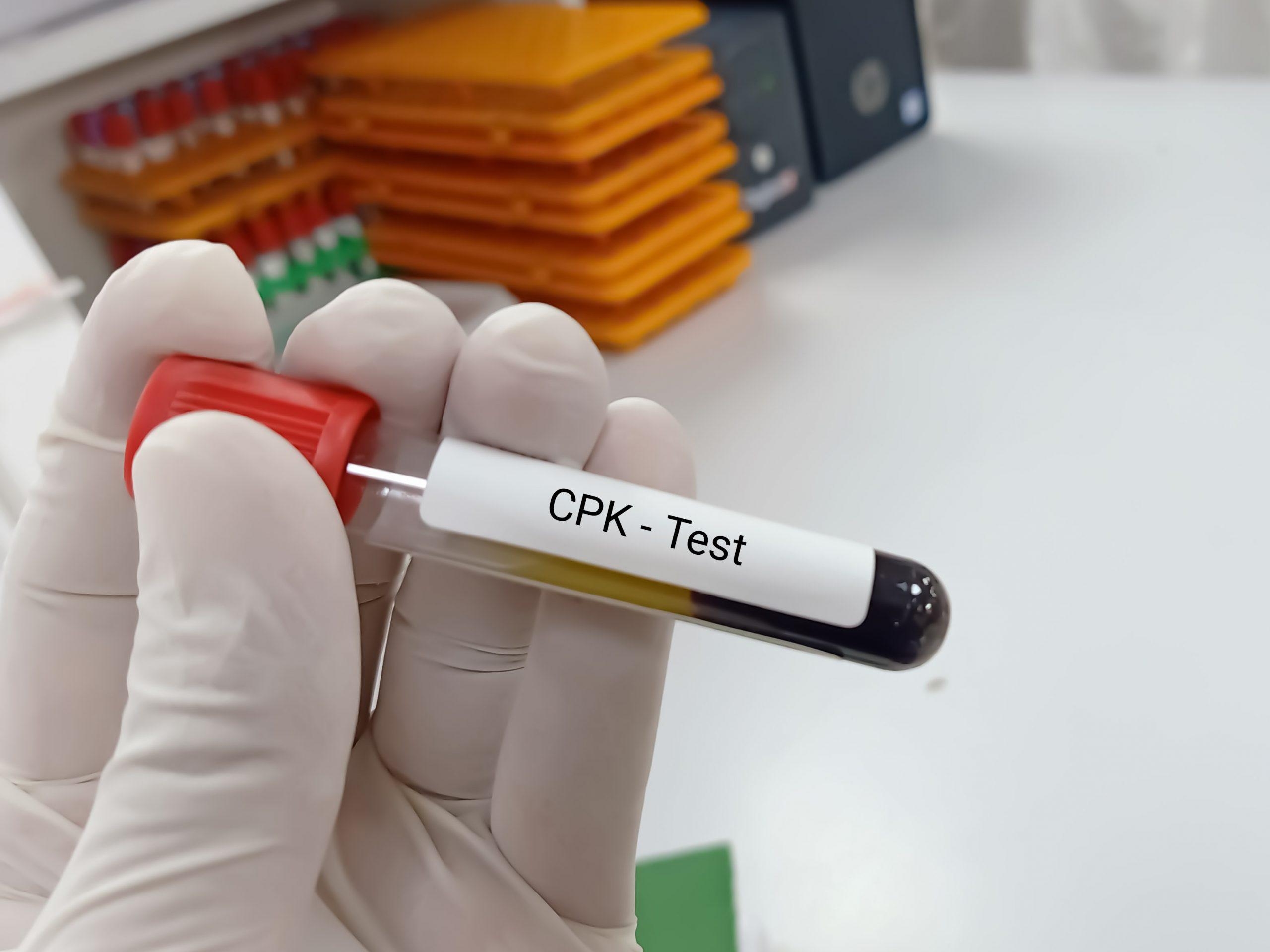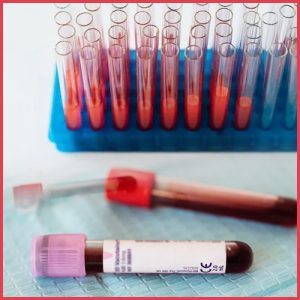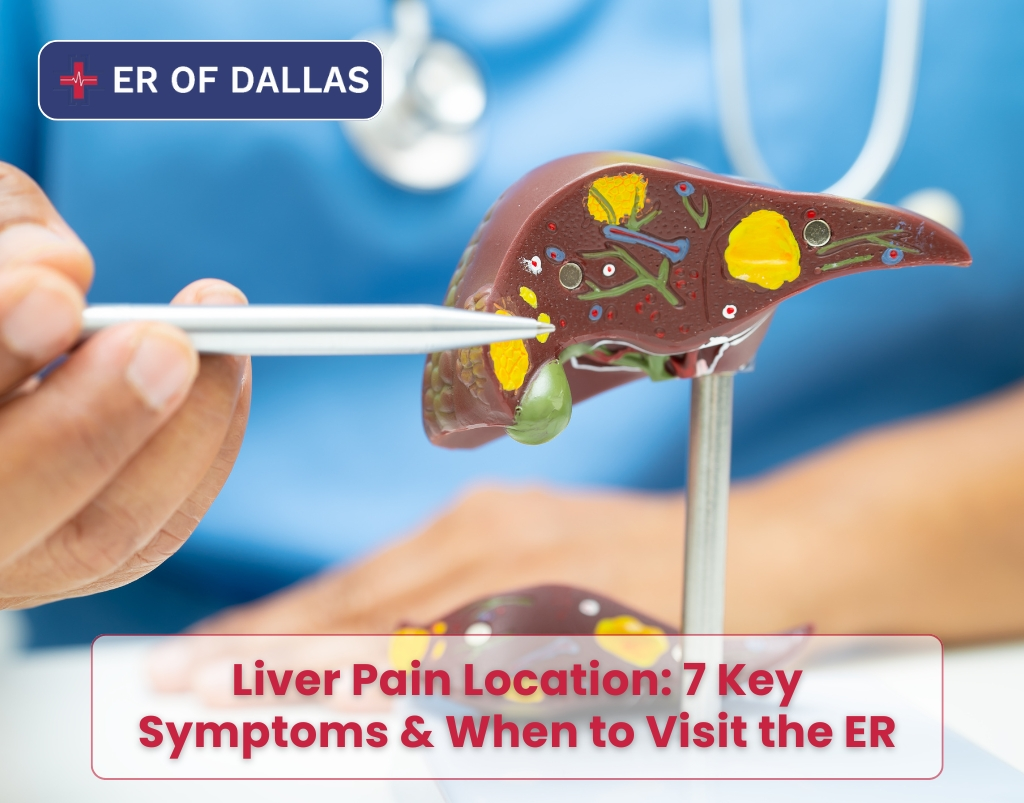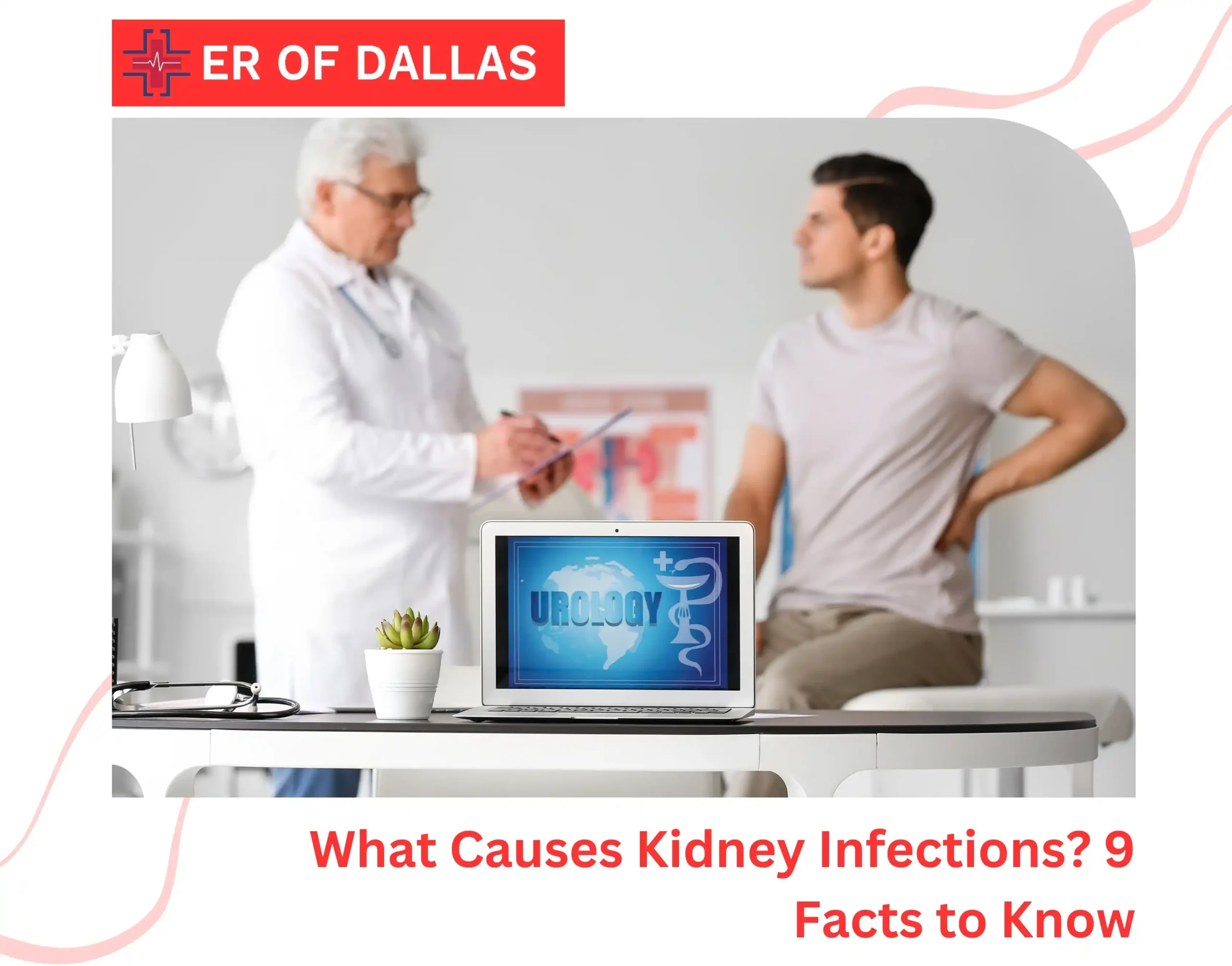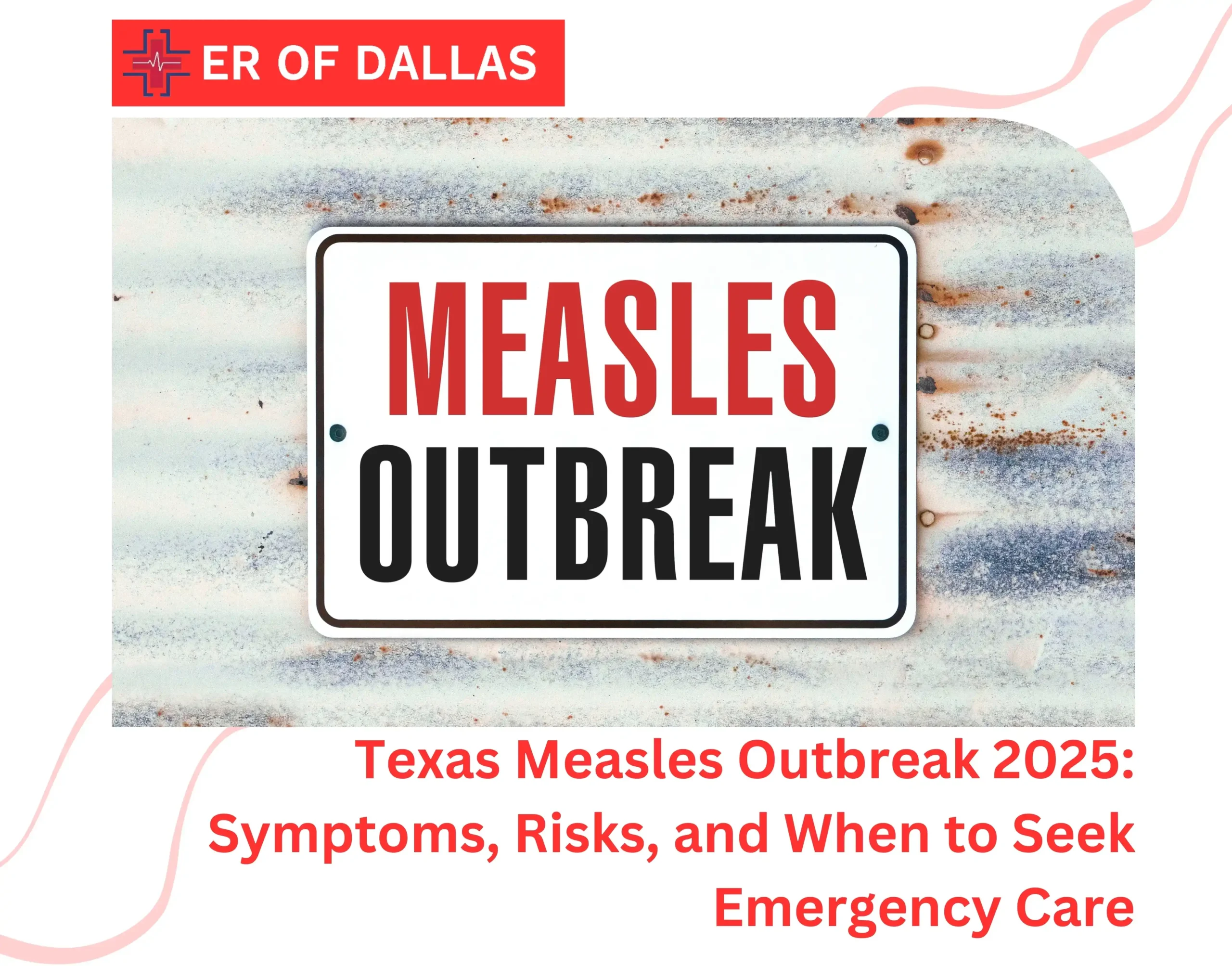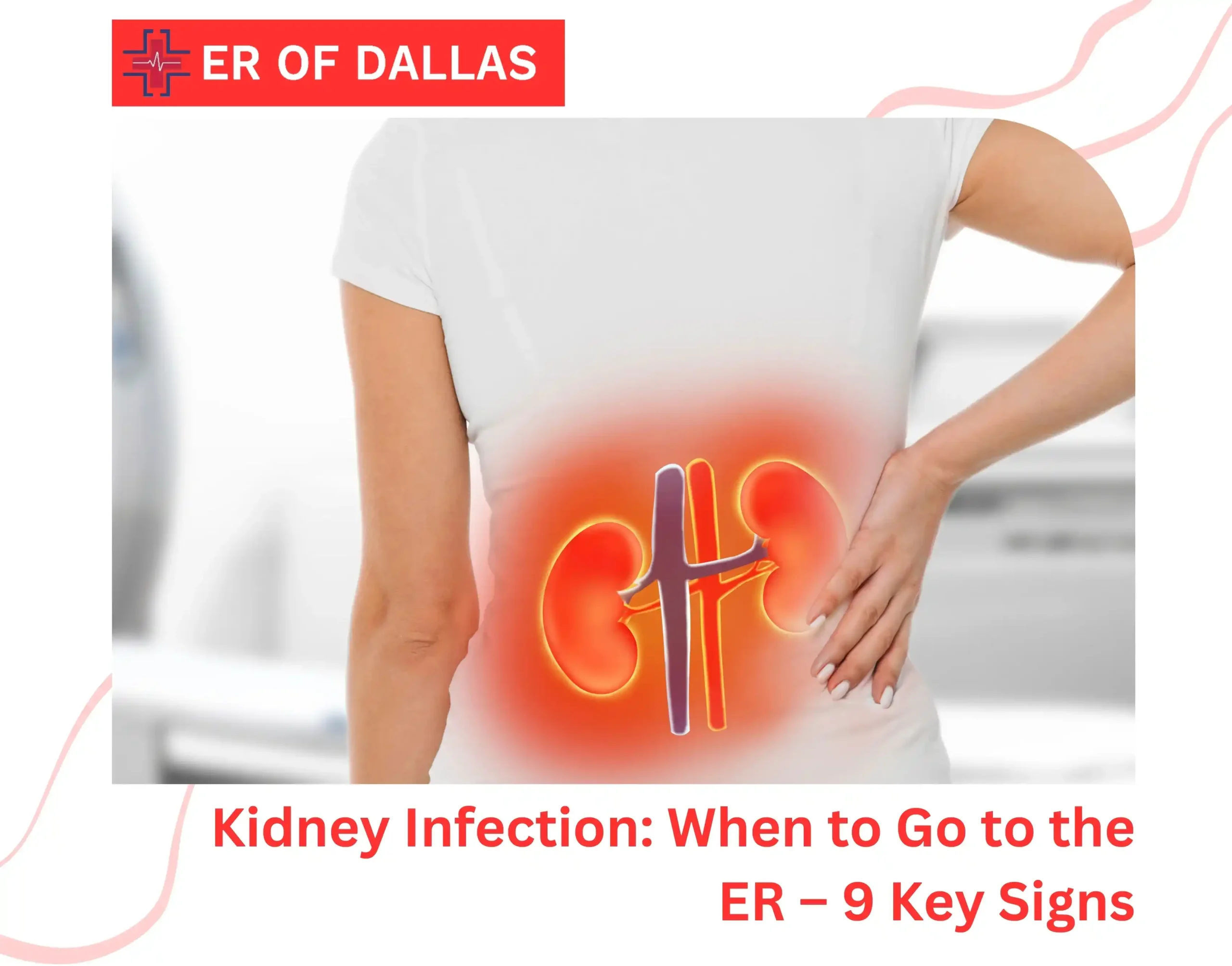What is a Cardiac Enzyme Test?
A cardiac enzyme Blood test is an evaluation of the person if they are having a heart or the possibility of a recent episode. If you have pain in the chest and go into the emergency room, your cardiac enzyme’s normal range will be checked two to three times within several hours to ensure whether you have a heart attack or not.
Why do you need to take a cardiac enzyme blood test?
In the midst of a heart attack, the heart muscles may get damaged, and as a precaution, they will release specific proteins and enzymes into the bloodstream. The enzymes and proteins are:
- Creatine phosphokinase
- Proteins myoglobin and troponin
Additionally, the cardiac enzymes normal values are:
- Troponin l: 0.12ng/mL
- Troponin T: 0.12ng/mL
However, these levels differ from person to person.
Sometimes an ischemic attack or a silent heart attack can happen to you without any visible symptoms. If it is avoided or not treated properly, things can escalate, and this may lead to a serious and stronger episode. By getting our heart enzyme test services in Dallas, you can know whether you have the cardiac enzyme enzymes test normal values or not. What precautions should you take, what changes are required in your lifestyle, and how can you reduce the risk factors?
How is the heart enzyme test evaluated?
Normally the enzymes and proteins that are mentioned above are very low and undetectable. However, if someone goes through a heart enzyme test and the levels are above the cardiac enzyme test normal range. The chances are they had a heart attack, or there might be an injury to their heart. After a cardiac enzyme blood test, the doctor can identify whether the heart attack has occurred or not. These tests also identified the severity of damages caused by a heart injury or attack. In simple words, the more troponin that is found in the blood equals more damage to the heart. Sometimes the cardiac enzymes are in the normal range because the test was performed immediately after the heat attack. As a result, the doctor will suggest performing the task again in several hours or maybe a couple of times so that they get reliable data.
What are the things you must consider before taking a Cardiac enzyme blood test?
Generally, there is no special preparation for this test. However, there are many medicines that can affect the end results. So always make sure that you tell the doctors about the prescription and nonprescription medicines you take. Moreover, if you have any concerns, talk to your doctor. Here at ER of Dallas, we have top-notch cardiac enzymes labs in Dallas.
Symptoms:
Your doctor may suggest you take a cardiac enzyme test if they think you might have a recent heart attack. Similarly, you need these tests if you have symptoms of coronary artery blockage. The key symptoms are:
- Having pain or pressure on your chest for more than a few minutes.
- Discomfort or pain in your jaw, arms, neck, or shoulders.
- Chest pain that is unbearable.
- Pain in the chest that isn’t getting better even by resting or taking medicines.
Other symptoms that might go with chest pain:
- Sweating, paleness, cool or clammy skin.
- Shortness of breath.
- You might have nausea or vomiting.
- Fainting and dizziness.
- Fat or irregular pulse.
- Extreme tiredness or weakness.
Cardiac biomarkers that are used to diagnose a heart attack:
Cardiac troponin
The most commonly used biomarker. It has a very highly sensitive nature. It injects itself into the blood just after the heart attack. This biomarker will stay in your blood even if all the other biomarkers go back to normal.
Creatinine Kinase (CK)
This enzyme can be measured multiple times in a 24-hour period. The quantity of CK would increase by double if you had a heart attack. However, the levels of Ck can go up due to many other scenarios rather than just a heart attack.
CK-MB
This enzyme is a subtype of CK. Additionally, it is also more sensitive to finding the damage of a heart attack. Cardiac enzymes’ normal values changes after a heart attack. For instance, the CK-MB levels rise from 4 to 6 hours after a heart attack. However, they go back to normal in one or two days. This is CK-Mb isn’t a great cardiac biomarker to find out whether your previous chest pain was a heart attack or not.
ER of Dallas
For the best cardiac enzymes blood test in Dallas, book an appointment with ER of Dallas. We have one the best facilities and highly cooperative staff for your needs. Get our services now,

